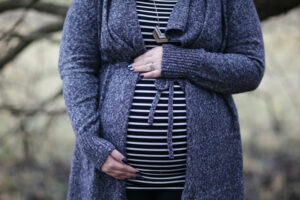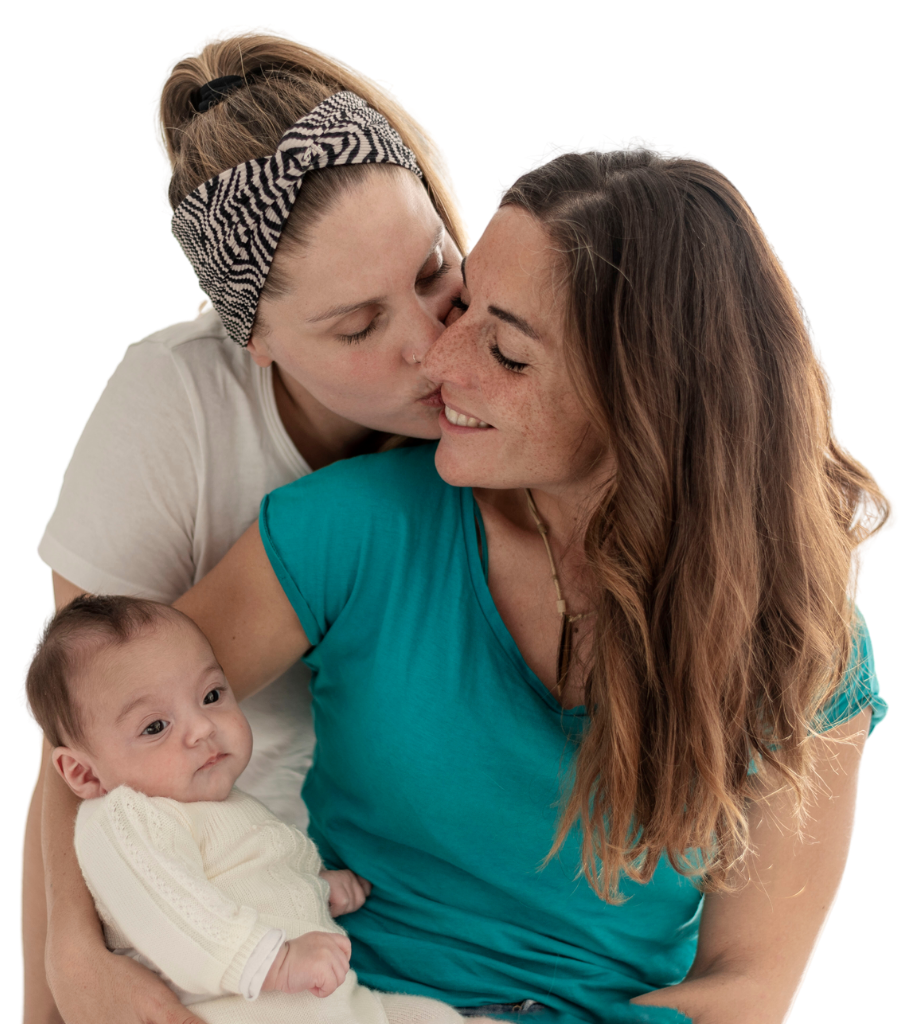You might already know that being overweight can shorten your life expectancy and increase your risk for diabetes, hypertension, heart disease, stroke and many types of cancer, but you might not realize how your weight can impact your chances of having a successful pregnancy.
Taking Back Control
While infertility is often caused by things that we can’t control like PCOS or endometriosis, there are some lifestyle choices that we do have power over. Losing weight is one of the simplest (though, we know, not the easiest) step you can take to optimize your fertility.This is especially important for women who are considered obese, which means you have a BMI (body mass index) at 30 or above. A healthy BMI is between 18.5 – 24.9, and between 25.0 and 29.9 is considered overweight. To find your BMI, take your weight divided by height in inches squared, multiplied by 703.
To maximize your chances getting pregnant, you should aim for a BMI of less than 30 before you try to conceive.
Obesity and Pregnancy
Excess abdominal fat can cause issues that make it more difficult to get pregnant. If you are overweight or obese, you are more likely to have irregular periods or no periods. You may also experience irregular ovulation, or not ovulate at all. You also may not respond well to medications that stimulate ovulation, which decreases the chance of success for fertility treatments like in vitro fertilization (IVF).Obesity can also increase your risk for miscarriage and other complications such as gestational diabetes or hypertension, preeclampsia, preterm delivery and stillbirth. It also may be more difficult to deliver vaginally, which makes you more likely to require a C-section.
And of course, the health of the mother impacts your child. If you are obese, your baby could be more at risk for birth defects of the brain, heart and spine.
It’s not just women who are affected. Men who are obese are more likely to have a low sperm count or low sperm motility, lower quality semen, a decrease in their testosterone production and erectile dysfunction. All of these factors can impact a couple’s chances of having a baby.
Weight Loss for Fertility
If you are severely overweight, you have several options that may help you lose weight. Changing your diet and adding exercise can be very effective. The basic idea is to decrease the calories you eat and increase how much you exercise. Cutting your daily calorie intake by 500-1,000 calories should result in about 1 to 2 pounds lost each week.We recommend you set a slow-and-steady goal to lose 10% of your current body weight over 6 months. While there are some fad diets that may help you lose weight quicker, rapid weight loss comes with its own risks, and you may be less likely to keep it off for the long term.
Weight Loss Tips
Many online weight management and healthy menu planning options are available, and many local hospitals offer low-cost weight loss classes, as well as physician-supervised programs.Download a calorie counting app to track your progress. Minimize your sugar and alcohol intake, eliminate sodas and fried foods, and choose whole grains. Avoid processed foods, and eat plenty of fresh fruit and vegetables.
Join a gym or online fitness community, or simply get moving with regular walks in your neighborhood. Do what works for you, just keep moving!
Surgical and Medical Weight Loss Options
If you have trouble losing weight on your own or have significant weight you need to drop (more than 100 pounds), you might consider surgical options, such as a lap band or the gastric pouch, which decrease the size of your stomach and make you feel full, faster.Don’t try to get pregnant for 1 to 2 years after your initial weight loss surgery to ensure your body has adjusted to the new weight and is not depleted of essential nutrients that often are not absorbed well after the procedure.
If you feel that surgery is too invasive, ask your doctor if you are candidate for weight loss medications such as Orlistat or Phentermine. However, we advise you to not take these medications when you’re actively trying to get pregnant or during your pregnancy.
Hope for Fertility
Overcoming obesity is a big challenge, but losing weight to become pregnant can be one of the greatest gifts you give yourself and your family. When you’re trying to conceive your family dreams, losing weight is essential for a healthy pregnancy and a healthy baby.If you’re obese or overweight and struggling to get pregnant, we can help. Call us for a consultation at 502-897-2144.








